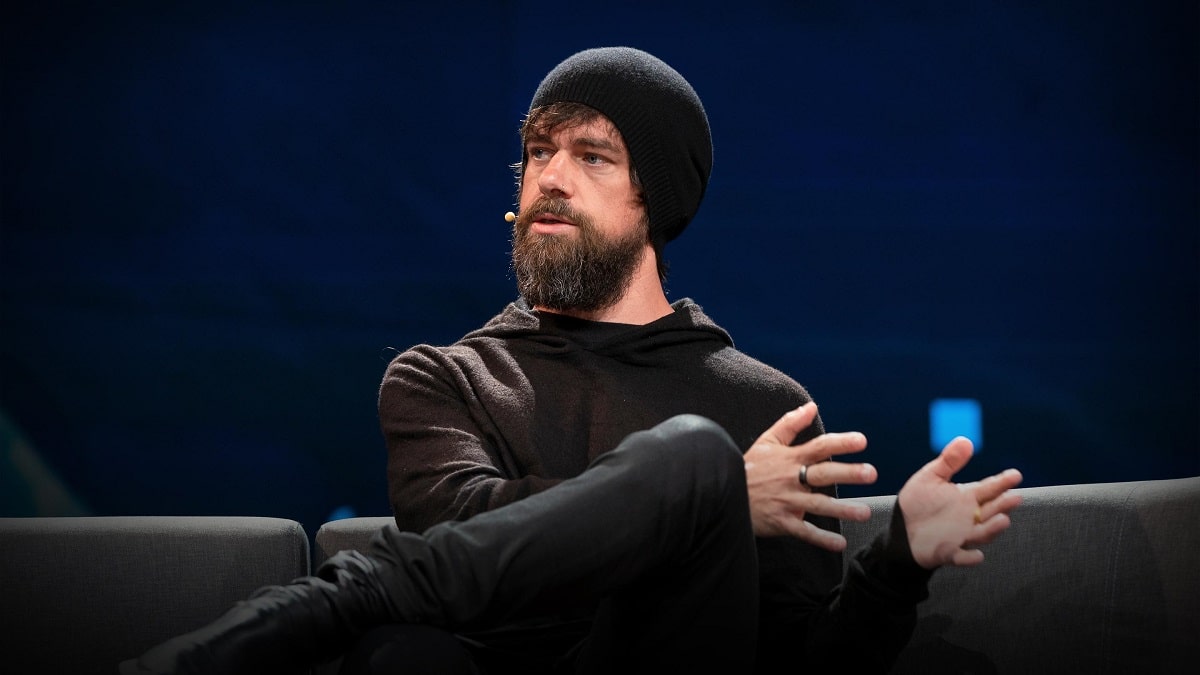
Jack Patrick Dorsey is an American software developer and entrepreneur. He is known for being one of the co-founders of Twitter
Recently Jack Dorsey, co-founder of Twitter, said he would give a million dollar grant a year to encrypted messaging app signal, the first in a series of grants it plans to award to support the "development of the open Internet."
Dorsey said his hope of building a Twitter according to his wishes died in 2020 with the input of an anonymous activist investor.
“I planned my exit at that time, knowing that I was no longer the right fit for the company,” he wrote.
The principles on which he hoped to build a means of resistance to corporate and government control, content controlled by the user without exception and algorithmic moderation, are not present in Twitter today or the one he ran, he admitted. Still, he wrote thatContrary to hints that accompany the so-called Twitter Archives, “There were no bad intentions or ulterior motives, and they all acted on the best information we had at the time."
As Dorsey says:
“As for the files, I would like to see them published the Wikileaks way, with a lot more eyes and interpretations to consider. And with it, transparency commitments for present and future actions. I hope that all this happens. There is nothing to hide… just a lot to learn. The current attacks against my former colleagues could be dangerous and solve nothing. If you want to blame, point it at me and my actions, or the lack of them.
Social media should not be "owned by a single company or group of companies" and should be "resistant to corporate and government influence," Dorsey wrote in a post on Revue, a Twitter-owned information service. The publication has moved to Pastebin as Revue is closing its doors early next year.
But the talks themselves are actually a very interesting look at the difficulty of moderation in unprecedented circumstances. Frank and open discussion about how to interpret a rule or what to do or not to do is exactly what one would expect to happen behind the scenes of such a process. The allegations of bias have little to no documentary weight behind them, beyond what is lent by a carefully chosen presentation with the overt intention of furthering this narrative.
Jack Dorsey wants to support the "development of a more open Internet", He said he plans to award grants to finance projects in this regard. Initially, the American entrepreneur wants to support engineering teams working on social networks, private communication protocols or bitcoin. It is a focused and urgent effort toward a basic technology standard to make social networking an integral part of the Internet.
Converting action to word, announced that it will begin financing Signal (which definitely resists governments) for up to a million dollars a year.
More grants are coming, he said, and asked for recommendations.
Set to receive $1 million per year, Signal was founded by Matthew Rosenfeld (aka Moxie Marlinspike), the app is all about security, offering options like auto-destroying messages after a set period.
Almost two years ago, Signal had distinguished itself by making the most of WhatsApp's setbacks, when the Meta application wanted to impose on its users a modification of its general conditions that allowed the transfer of personal data with Facebook. Objective, to make WhatsApp an intermediary between Internet users and merchants. Recommended by Edward Snowden and Elon Musk, Signal gained several million users in a few days.
Dorsey calls Mastodon and Matrix other interesting avenues of development because, as far as actual solutions are concerned, it is of course at work (or at least present) in Bluesky:
“There will be many more. One of them will have a chance to become a standard like HTTP or SMTP. It is not a “decentralized Twitter”. This is specific and urgent action for a fundamental technology standard to make social media an integral part of the Internet.”